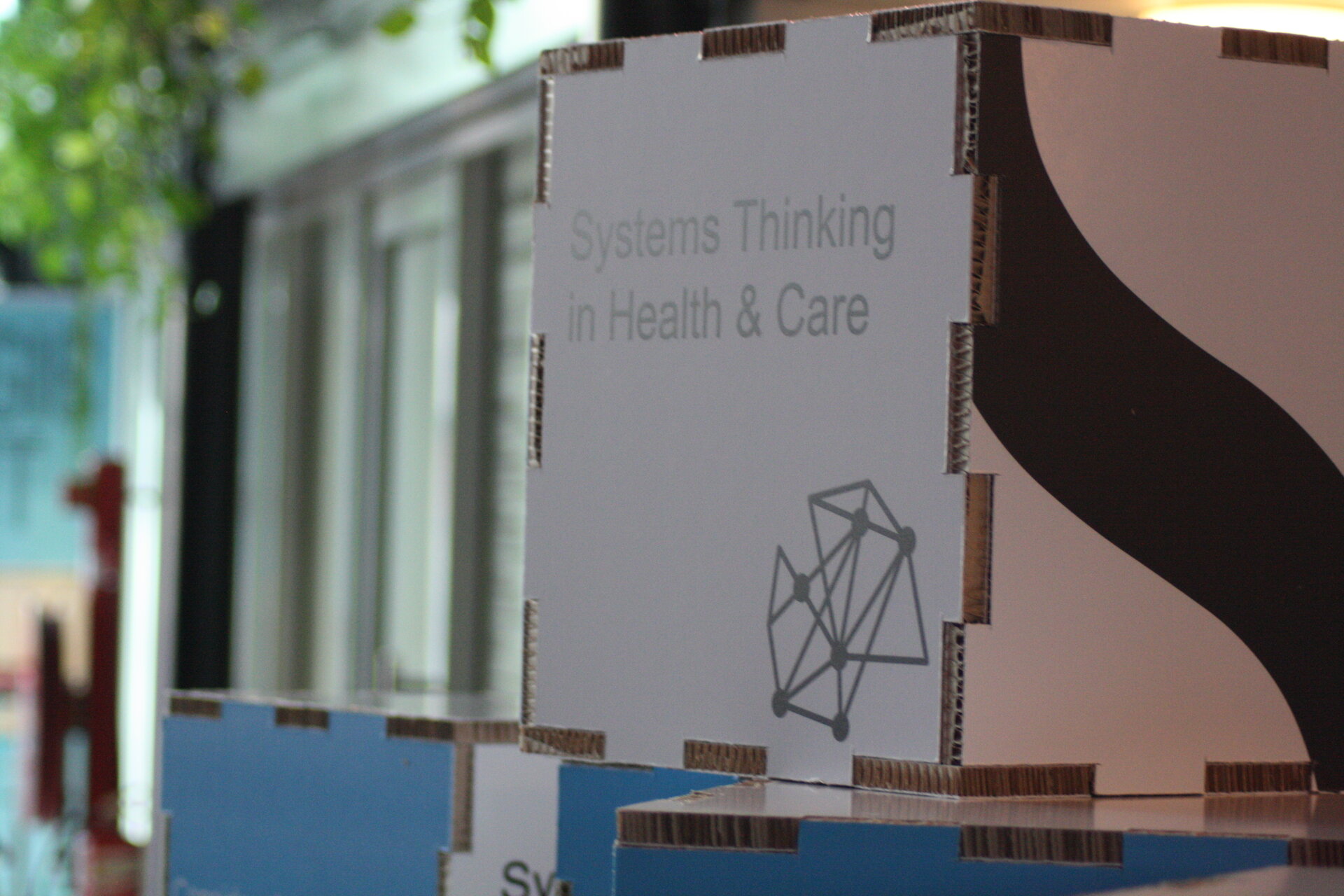The complexity of health systems
Healthcare is a complex socio-technical system, which means that the outcomes of health policies and health care delivery are dependent on multiple actors, circumstances, and interactions between humans and technology. In such a system, policy making and understanding the effect of intentional and unintentional changes are notoriously difficult. This is true on macro level, such as in national health policies, meso level such as hospital or local communities, and on micro level, such as in understanding disease dynamics and personalised care.
Better understanding for better decision and policy making
To understand both functioning of and performance in health and healthcare systems, it is necessary to first understand the system, both in the components that shape it and the dynamics of their relationships. Next, to create models that mimic these systems, that can be used to increase understanding, simulate potential interventions, and can be utilised as guides in decision and policy making. Here again on the different levels, ranging from decision-making such as on optimal distribution of hospitals over the country, through supply-chain management or safety management systems, to personalised treatment, for example in cancer.
The challenges health care is facing
Our aim with the Institute for Health Systems Science is to apply systems science to research, education, and innovation in health and healthcare. Systems science is a relatively unknown approach in the medical domain and has underused potential. This potential has been shown to be highly valuable in other socio-technical challenges, such as climate change, industrial safety and digital ethics. In light of the actual challenges healthcare is facing, systems science can contribute to solving its complex problems. To name a few: the consequences of demographic shifts that are taking place, workforce shortages, resilience in the context of expected future disruptions, such as new pandemics or other global crises, safety in healthcare, environmental and financial sustainability, disproportionate rises in costs when we do not fundamentally change redundant routines, and also need for better understanding of disease dynamics and better and more balanced decision-making.
Inter- and transdisciplinary collaboration
The Institute for Health Systems Science aims to connect researchers working on Health topics at TPM and connected faculties or institutions, whether Health(Care) is their main focus or they contribute to this topic from their own field of expertise. We bring to the table the added value of an understanding of systems, the importance of diversity [in approach], the interdisciplinarity of our group and our transdisciplinary aims. Our common thread, systems science, lies at the heart of creating a human-centred, just, safe and sustainable Health and Care systems for all, which is our mission.








